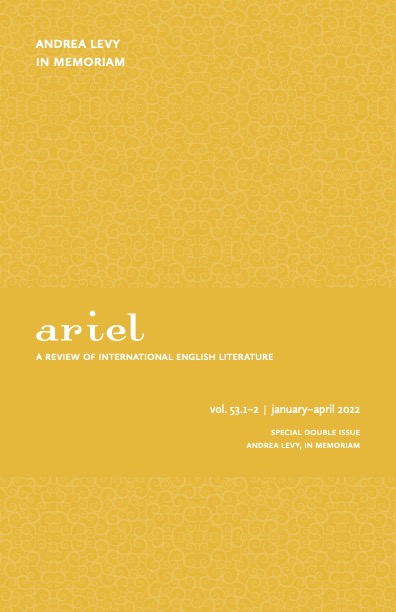Sites and Sightlines: Staging Andrea Levy’s "Small Island"
Keywords:
Black British Drama, Small Island, Andrea Levy, audiobook, racism, diversity, British theatreAbstract
Andrea Levy’s literary mission was to illuminate experiences that have been culturally hidden, under-recognised or diminished. This article investigates the multiple performativities of her novel Small Island as adapted play, theatre production and audiobook, noting who its adapters have been in an environment of renewed criticism about the lack of inclusion of minoritized groups in Britain’s performing arts sectors. Stuart Hall’s prompt to give “proper attention to chains of causation and conditions of existence, to questions of periodization and conjuncture” (2006) underpins the analysis of Helen Edmundson’s dramatisation and Rufus Norris’s Royal National Theatre production, to recognise the complex factors inflecting their theatre event, in which Small Island might even be viewed as a socio-cultural barometer of what has changed and what remains the same. Mediation factors and inter-mediality are further examined in Levy’s self-narrated audiobook through the conceptual model of audio-narratology where the aurality of Levy’s writing becomes both embodied and disembodied author(ity). While Small Island’s indubitably landmark season as an adapted play bears out a celebratory intention and suggests a measure of responsiveness to longstanding criticism of the institution’s lack of diversity, the article argues that the project also exposes the fault lines of mainstream British theatre.


